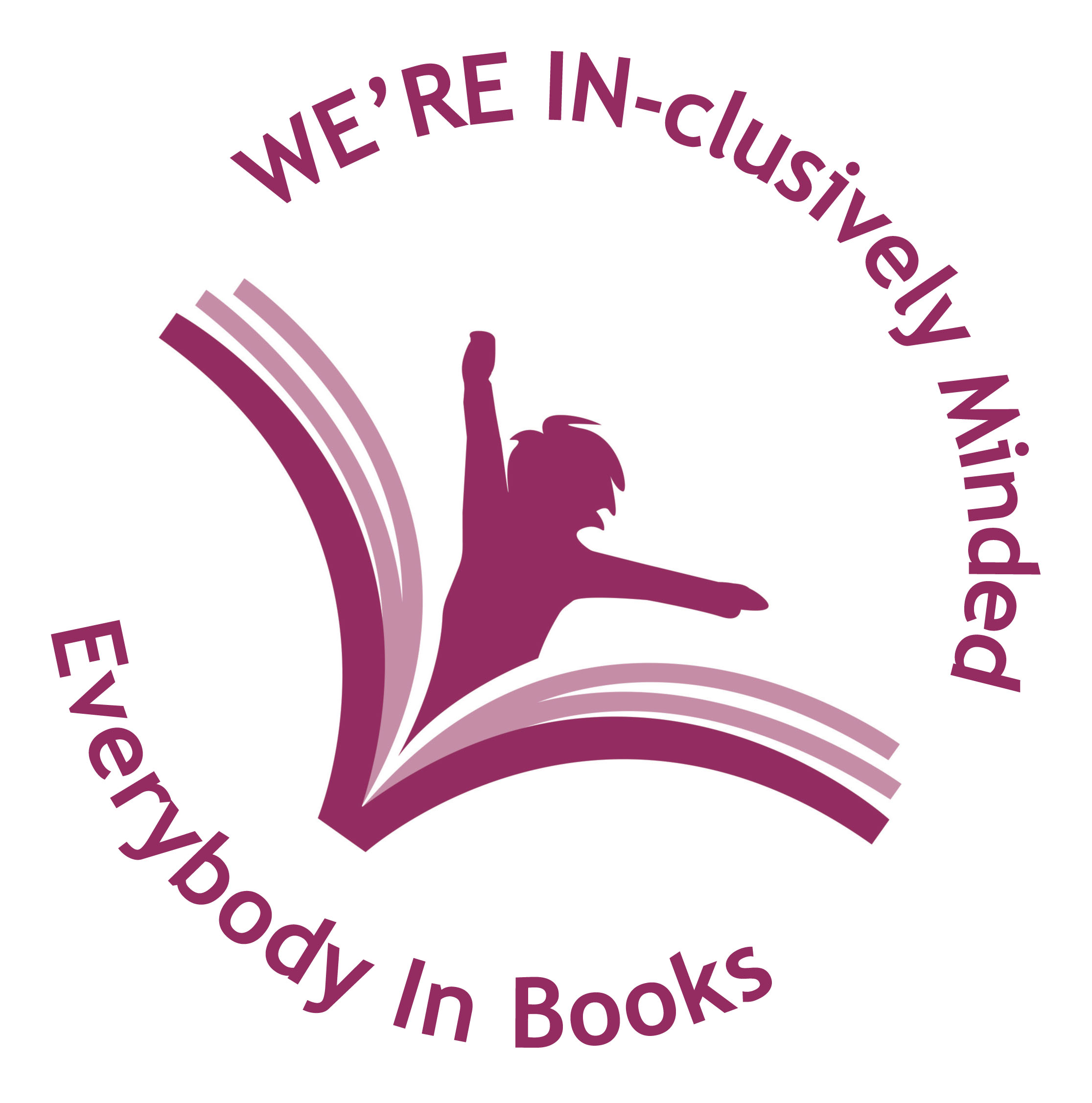Everybody In – the development of the charter
The need for some kind of charter was identified by people across the children’s book world. It was also important to the Inclusive Minds team that any charter was then developed with the industry and based on suggestions from those working in the children's book world, rather than something that was prescribed by us.
As a starting point, we used the action points that participants in a roundtable event run by the Diversity Initiative of the Children’s Book Council in the USA came up with to take inclusion in children's books a step further. At the UK version of the event A Place at the Table, participants came up with their own action points, which along with feedback from delegates after the event, allowed us to tailor the charters to the UK industry. Over half the delegates were from the publishing sector, but crucially the event also involved attendees from bookselling, library and school backgrounds and relevant book organisations.
As the responsibility for getting inclusive books into the hands of children doesn’t just lie with publishers, but with everyone working with children and books, including booksellers, librarians and teachers we initially decided to develop charters for these groups as well. The Publishers Association, Independent Publishers Guild, EQUIP and The Booksellers Association fed into the publisher and bookseller charters and we continued to work with library organisations to develop a charter that would truly work for that sector of the industry as well.
Eighteen months after the launch of the charters, we held a second event attended by over 50 book industry representatives, and a subsequent poll to collect views on how to fine-tune the charter/s. As a result we decided to streamline the charter to provide a single charter for all audiences, yet still offering guidance tailored to each sector of the industry. We were also made aware that some larger companies and their employees have been unable to sign the charter due to legal restrictions, and to this end Inclusive Minds has also developed a ‘Pledge to inclusion’ for those who are unable to sign the full charter at present. The aim is that those who make the pledge will work towards overcoming any obstacles to signing the charter, enabling them to do so in due course.
As well as streamlining the charter, we've also increased the benefits of signing up to encourage more signatories.

